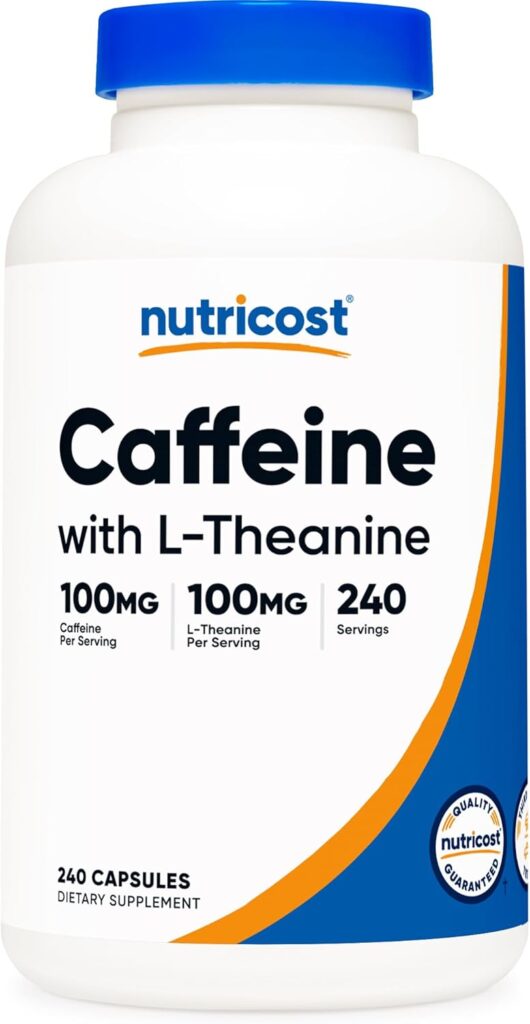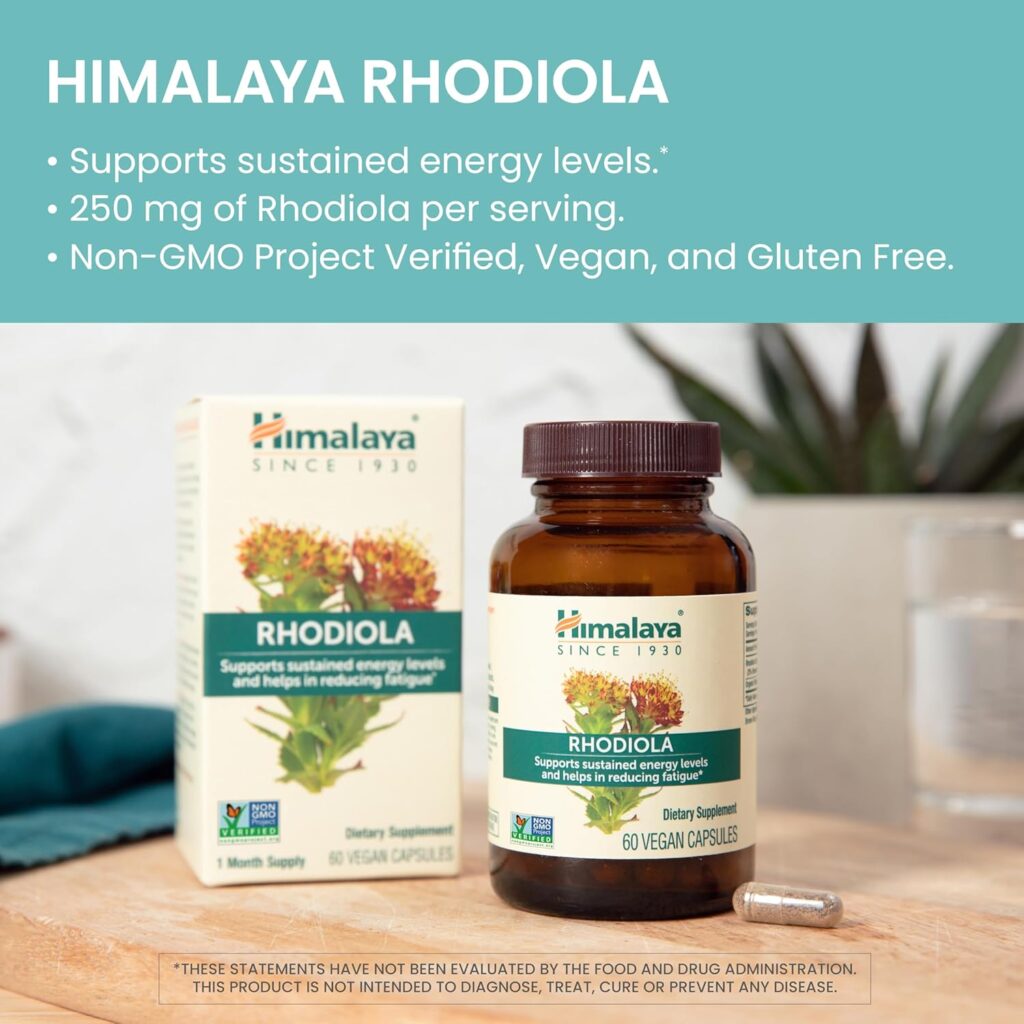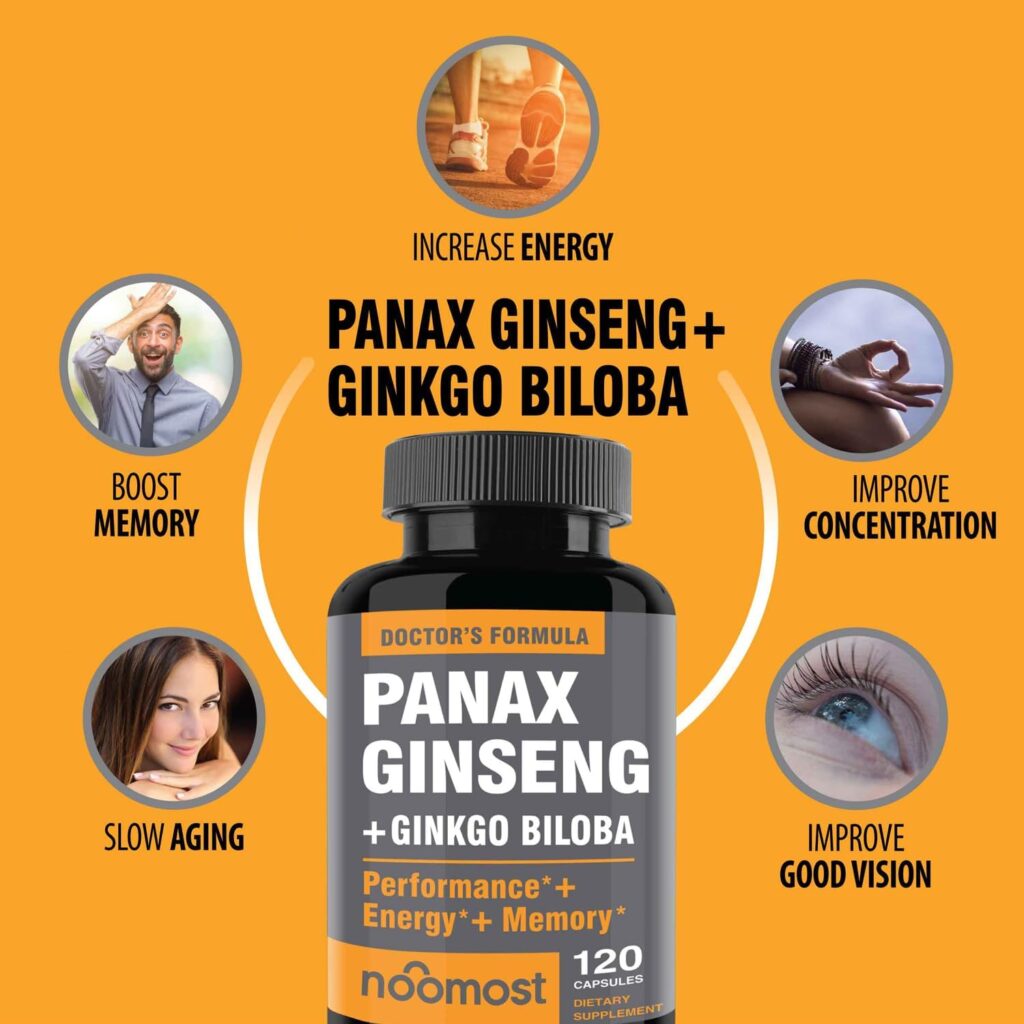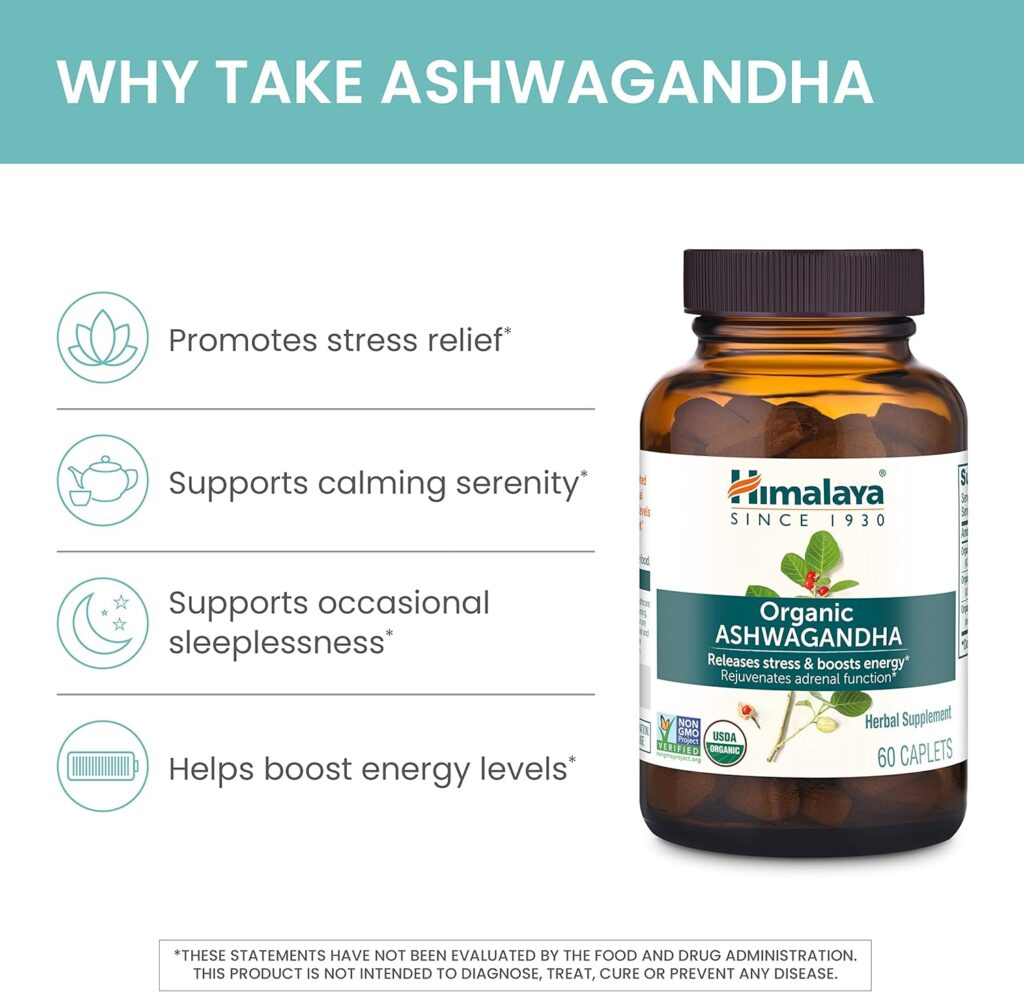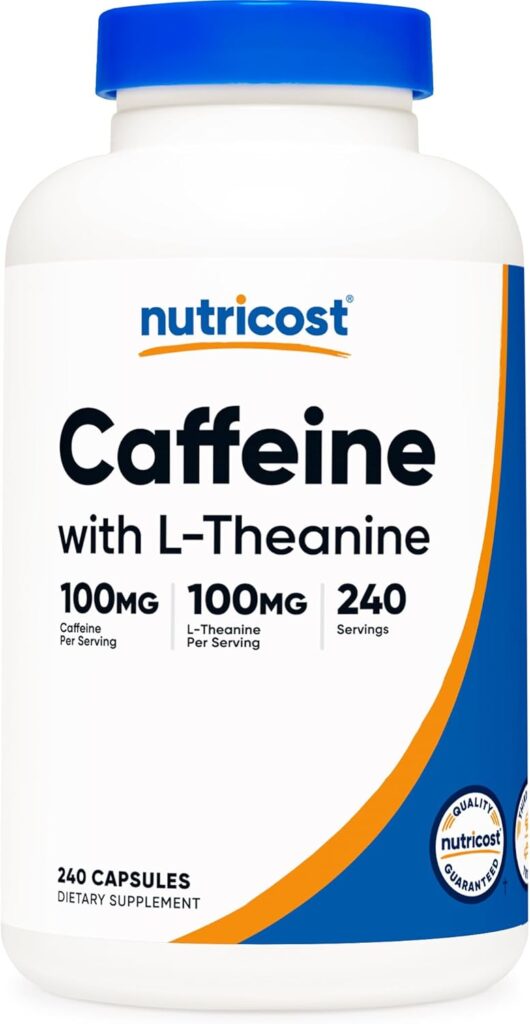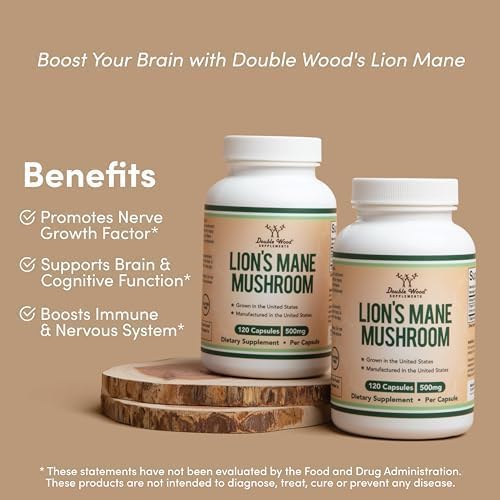As someone who’s experimented with various supplements over the years, I’ve learned that not all are created equal. Some genuinely enhance our energy levels and sharpen our focus, while others fall short of their promises.
In this comprehensive guide, I’ll share my insights on the top 10 supplements that have shown real potential for improving energy and focus.
These recommendations are based on scientific research and personal experience.
1. Caffeine + L-Theanine: The Perfect Pair
Caffeine is the world’s most popular psychoactive substance, and for good reason. It’s a powerful stimulant that significantly boosts alertness and focus.
When combined with L-theanine, an amino acid found in tea leaves, it becomes even more effective.
The caffeine-L-theanine combo provides the energy boost of caffeine without the jitters or crash. L-theanine promotes relaxation without sedation, effectively taking the edge off caffeine’s stimulatory effects.
How it works:
Caffeine blocks adenosine receptors in the brain, preventing the onset of drowsiness. Meanwhile, L-theanine increases the production of alpha waves in the brain, which are associated with a state of relaxed alertness.
Benefits:
- Enhanced alertness and focus
- Improved reaction time
- Reduced anxiety compared to caffeine alone
- Smoother energy without the jitters
I’ve found this combination particularly effective for early morning productivity. It provides a clean, focused energy that lasts for several hours without the typical caffeine crash.
Pro Tip: Start with a 1:2 ratio of caffeine to L-theanine (e.g., 100mg caffeine with 200mg L-theanine) and adjust based on your personal response. Some people prefer a 1:1 ratio, while others find a 1:4 ratio more effective.
Get started with the 1:1 Ratio of Nutricost Caffeine with L-Theanine 240 capsules From Amazon.
As an Amazon Affiliate, I earn commission from qualifying purchases.
2. Rhodiola Rosea: Nature’s Stress Buster
Rhodiola rosea is an herb that’s been used for centuries in traditional medicine practices across Europe and Asia. It’s classified as an adaptogen, helping the body adapt to stress and maintain homeostasis.
How it works:
Rhodiola contains active compounds like rosavin and salidroside, which influence neurotransmitter levels in the brain, particularly serotonin and dopamine.
Benefits:
- Reduced mental fatigue
- Improved stress resilience
- Enhanced cognitive function under pressure
- Potential mood-boosting effects
When I first tried Rhodiola, I was skeptical. But after a few weeks of consistent use, I noticed a significant improvement in my ability to handle stressful situations at work.
It didn’t give me a sudden burst of energy like caffeine, but rather a sustained sense of calm focus throughout the day.
Rhodiola seems to work best when taken consistently over time, as opposed to as a one-off supplement. I typically take it in the morning with breakfast, and I’ve found it particularly helpful during periods of high stress or when I need to maintain focus for extended periods.
Key Insight: Look for Rhodiola supplements standardized to contain 3% rosavins and 1% salidroside, which are the concentrations used in most research studies.
Rhodiola is available from Amazon via this link.
3. Panax Ginseng: Ancient Wisdom for Modern Times
Panax ginseng, also known as Asian ginseng, has been a staple in traditional Chinese medicine for thousands of years. It’s renowned for it’s potential to boost energy levels and cognitive function.
How it works:
Ginseng contains compounds called ginsenosides, which have neuroprotective properties and may influence various neurotransmitter systems in the brain.
Benefits:
- Improved mental clarity and focus
- Enhanced memory and learning
- Increased physical and mental energy
- Potential immune system support
I’ve found ginseng particularly helpful during periods of intense work or study. It provides a subtle but noticeable boost in mental energy and clarity, without the crash that often comes with stimulants.
One study published in the Journal of Psychopharmacology found that a single dose of 200mg of Panax ginseng improved math skills and reduced mental fatigue in healthy volunteers. Another study in the Journal of Dairy Science found that ginseng supplementation improved cognitive function in people experiencing mental fatigue. Click here to check out the top rated Ginseng at Amazon
Pro Tip: Look for standardized extracts of Panax ginseng to confirm you’re getting a consistent dose of active compounds. Most studies use doses ranging from 200-400mg per day.
4. Bacopa Monnieri: The Memory Enhancer
Bacopa monnieri is an herb commonly used in Ayurvedic medicine. It’s known for it’s cognitive-enhancing properties, particularly in the areas of memory and information processing and is available here from Amazon.
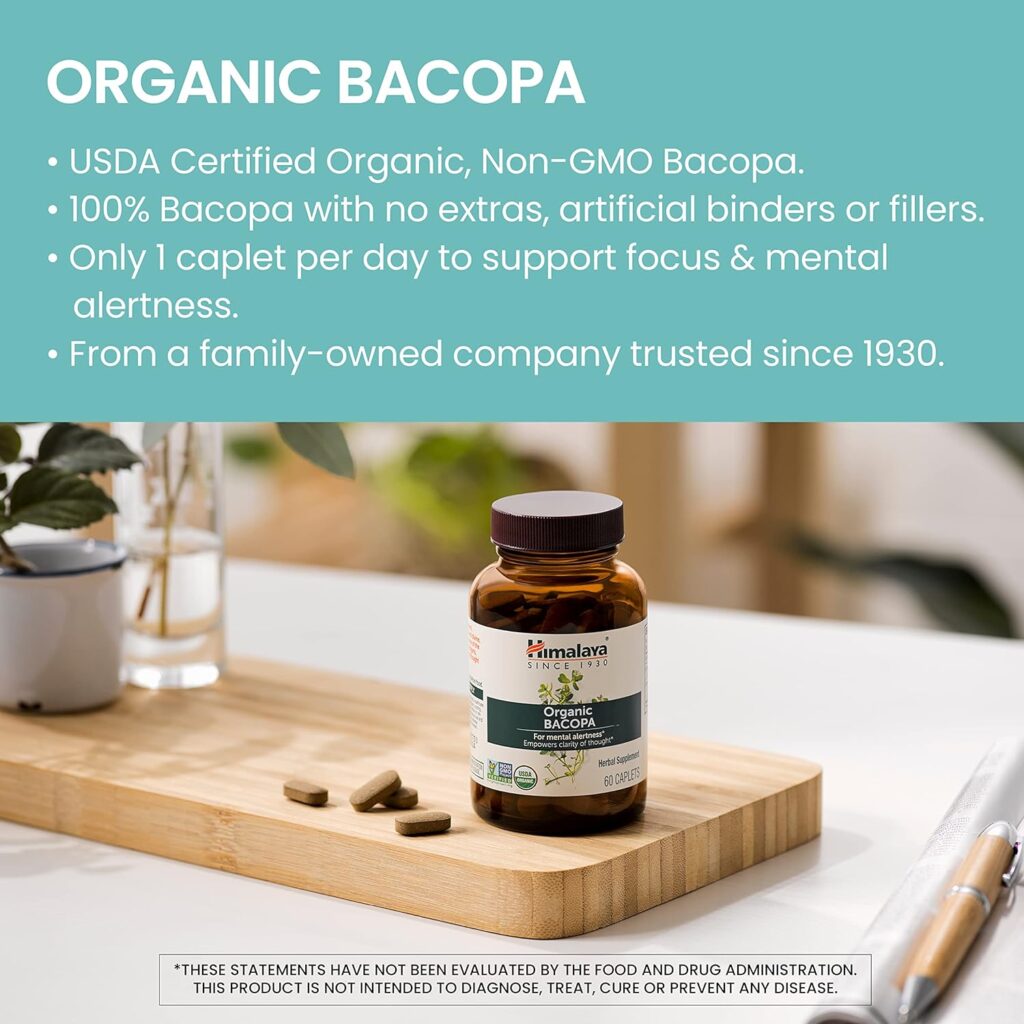
How it works:
Bacopa contains compounds called bacosides, which promote neuron communication and protect the brain from oxidative stress.
Benefits:
- Improved memory formation and recall
- Enhanced speed of visual information processing
- Potential neuroprotective effects
- May reduce anxiety and stress
One thing to note about Bacopa is that it’s effects are not immediate. In my experience, and according to research, it typically takes 4-6 weeks of consistent use to notice significant benefits.
A systematic review published in the Journal of Ethnopharmacology analyzed nine studies on Bacopa and discovered that it has potential to improve cognition, particularly speed of attention.
I’ve found Bacopa particularly useful when I need to keep large amounts of information, such as when preparing for presentations or learning new skills. It seems to help with both short-term recall and long-term memory consolidation.
Key Insight: Bacopa may be particularly useful for older adults or anyone looking to support long-term cognitive health. Look for extracts standardized to contain 45-55% bacosides.
5. Ashwagandha: Calm Focus in a Capsule
Ashwagandha is another adaptogenic herb with a long history of use in Ayurvedic medicine. It’s known for it’s stress-reducing properties, which can indirectly improve focus and mental clarity.
How it works:
Ashwagandha appears to work by reducing cortisol levels and modulating neurotransmitter function in the brain.
Benefits:
- Reduced stress and anxiety
- Improved focus and concentration
- Enhanced overall cognitive performance
- Potential support for sleep quality
I’ve found Ashwagandha particularly helpful during periods of high stress. It doesn’t provide an immediate energy boost, but rather helps create a sense of calm focus that makes it easier to tackle challenging tasks .
A study published in the Journal of Alternative and Complementary Medicine found that participants who took 300mg of high-concentration ashwagandha root extract twice daily for 60 days reported a 69% average reduction in anxiety and insomnia, compared to 11% in the placebo group.
Pro Tip: Look for KSM-66 Ashwagandha, a high-concentration extract that’s been extensively studied for it’s cognitive benefits. The typical dose used in studies is 300-600mg per day.
6. Creatine: Brain Fuel
While primarily known for it’s benefits in physical performance, creatine has also shown promise in cognitive enhancement, particularly in situations of sleep deprivation or cognitive decline.
How it works:
Creatine helps to recycle ATP, the energy currency of cells, in both muscle and brain tissue.
Benefits:
- Improved short-term memory and reasoning
- Enhanced cognitive performance under stress
- Potential neuroprotective effects
- May be particularly useful for vegetarians and older adults
I was surprised to learn about creatine’s cognitive benefits, but after incorporating it into my routine, I noticed improvements in my mental stamina, especially during long work sessions.
A review published in Experimental Gerontology found that creatine supplementation improved short-term memory and intelligence/reasoning of healthy people.
Key Insight: Creatine’s cognitive benefits may be more pronounced in people who don’t get enough creatine from their diet, such as vegetarians or older adults. The standard dose is 5 grams per day, though some studies have used up to 20 grams per day in short-term loading phases.
7. Omega-3 Fatty Acids: Essential Brain Nutrients
Omega-3 fatty acids, particularly EPA (eicosapentaenoic acid) and DHA (docosahexaenoic acid), are essential for brain health and function.
How it works:
Omega-3s are crucial components of cell membranes in the brain and help facilitate neurotransmitter function.
Benefits:
- Improved cognitive function and focus
- Enhanced brain cell communication
- Potential neuroprotective effects
- May support mood and emotional well-being
While not a quick fix for energy or focus, I’ve found that consistent omega-3 supplementation contributes to overall cognitive well-being and resilience.
A study published in the American Journal of Clinical Nutrition found that DHA supplementation improved memory and reaction time in young adults who were low in DHA. Another study in PLOS One found that EPA supplementation reduced symptoms of depression.
Pro Tip: Look for a high-quality fish oil supplement or consider algae-based omega-3s if you’re vegetarian or vegan. Aim for a combined EPA+DHA dose of 1000-2000mg per day.
8. B-Complex Vitamins: The Energy Essentials
B vitamins play crucial roles in energy metabolism and cognitive function. A deficiency in B vitamins can lead to fatigue and cognitive impairment.
How it works:
B vitamins are involved in many metabolic processes, including the production of neurotransmitters and the metabolism of carbohydrates for energy.
Benefits:
- Improved energy metabolism
- Enhanced cognitive function, particularly in older adults
- Potential mood-boosting effects
- Support for overall nervous system health
I’ve found B-complex vitamins particularly helpful when I’m feeling run down or during periods of high stress.
A study published in Human Psychopharmacology found that a high-dose B-complex supplement improved mood and cognitive performance in healthy adults. Another study in the American Journal of Clinical Nutrition found that B vitamin supplementation slowed cognitive decline in older adults with mild cognitive impairment.
Key Insight: While B vitamins are important for everyone, they may be especially useful for vegetarians, vegans, and older adults, who are at higher risk of deficiency. Look for a B-complex that contains the active forms of B vitamins, such as methylcobalamin (B12) and methylfolate (B9).
9. Lion’s Mane Mushroom: Nurturing Neurons
Lion’s Mane mushroom has gained attention for it’s potential cognitive-enhancing and neuroprotective properties.
How it works:
Lion’s Mane contains compounds that may stimulate the production of nerve growth factor (NGF), a protein crucial for the growth and maintenance of neurons.
Benefits:
- Potential to stimulate nerve growth factor (NGF) production
- Improved cognitive function, particularly in older adults
- Potential neuroprotective effects
- May support overall brain health
I was initially skeptical of mushroom supplements, but after trying Lion’s Mane, I noticed subtle improvements in my mental clarity and ability to focus on complex tasks.
A small study published in Phytotherapy Research found that older adults with mild cognitive impairment showed significant improvements in cognitive function after consuming Lion’s Mane mushroom powder for 16 weeks.
Pro Tip: Look for extracts standardized for beta-glucans, which are thought to be the primary active compounds in Lion’s Mane. The typical dose used in studies ranges from 750mg to 3000mg per day and is available here at Amazon.
10. Citicoline (CDP-Choline): Brain Cell Builder
Citicoline is a naturally occurring brain chemical that can also be taken as a supplement. It’s a precursor to acetylcholine, a neurotransmitter important for memory and cognitive function.
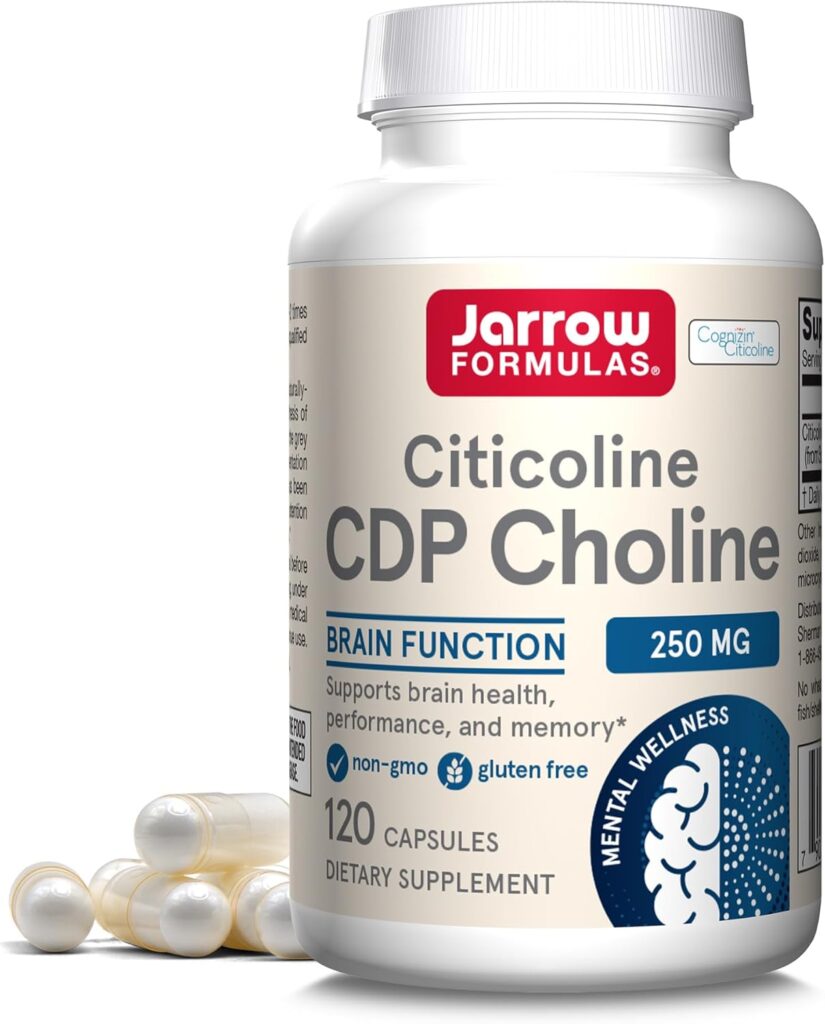
How it works:
Citicoline provides the raw materials for the production of acetylcholine and phosphatidylcholine, a major component of brain cell membranes.
Benefits:
- Enhanced memory and recall
- Improved focus and attention
- Potential neuroprotective effects
- May support overall brain health and function
I’ve found citicoline to be particularly effective when combined with other nootropics, such as racetams (although these are not approved for use in many countries).
A review published in CNS Drugs found that citicoline supplementation improved memory and behavioural outcomes in elderly people with cognitive deficits. Another study in Food and Nutrition Sciences found that citicoline improved attention and psychomotor speed in healthy adult women.
Key Insight: Citicoline may be particularly useful for older adults or people looking to support long-term brain health. The typical dose used in studies ranges from 250-1000mg per day.
Putting It All Together
While these supplements show promise for enhancing energy and focus, they work best when combined with a healthy lifestyle, including proper nutrition, regular exercise, and good sleep habits.
Here are some key takeaways to keep in mind:
- Start with one supplement at a time to assess your individual response.
- Be patient – some supplements, like Bacopa monnieri, may take weeks to show noticeable effects.
- Quality matters – look for reputable brands and standardized extracts where applicable.
- Consider cycling certain supplements to prevent tolerance.
- Remember that different supplements may work better for different people – what works for one person may not work for another.
Frequently Asked Questions
What is the best supplement for energy and focus?
The effectiveness of supplements can vary from person to person. However, caffeine combined with L-theanine is widely regarded as one of the most effective supplements for improving energy and focus.
How long does it take for energy supplements to work?
The onset of effects varies depending on the supplement. Caffeine typically works within 15-45 minutes, while adaptogens like Rhodiola or Ashwagandha may take several weeks of consistent use to show noticeable benefits.
Are these energy supplements safe to take daily?
Most of the supplements mentioned are generally safe for daily use when taken as directed. However, it’s always best to talk to a healthcare professional before starting any new supplement regimen, especially if you have pre-existing health conditions or are taking medications.
Can I take many energy supplements together?
While it’s possible to combine certain supplements, it’s important to do so cautiously. Start with one supplement at a time and gradually introduce others if needed. Be aware of potential interactions and avoid combining supplements with similar effects.
Do energy supplements have side effects?
Like any supplement or medication, energy supplements can have side effects. These can range from mild (like headaches or digestive discomfort) to more severe.
Always start with the lowest effective dose and watch your body’s response.
How do nootropics differ from traditional energy drinks?
Nootropics are designed to enhance cognitive function, including focus, memory, and creativity. While they may provide an energy boost, their primary goal is to improve brain function.
Traditional energy drinks, on the other hand, typically rely on high doses of caffeine and sugar for a quick energy boost.
Is Ashwagandha good for focus?
Yes, Ashwagandha has been shown to improve focus and concentration, primarily by reducing stress and anxiety which can interfere with cognitive function.
Can B vitamins really boost energy?
B vitamins play a crucial role in energy metabolism. While they don’t provide energy directly, they help your body efficiently convert food into energy.
A deficiency in B vitamins can lead to fatigue, so supplementation can help boost energy levels in those who are deficient.
Is creatine only for athletes?
While creatine is popular among athletes for it’s physical performance benefits, it also has cognitive benefits. It can improve short-term memory and reasoning skills, making it potentially useful for students, professionals, and anyone looking to enhance their mental performance.
How does Lion’s Mane mushroom improve focus?
Lion’s Mane mushroom is believed to stimulate the production of nerve growth factor (NGF), which supports the growth and maintenance of neurons. This can lead to improved cognitive function, including better focus and concentration.
